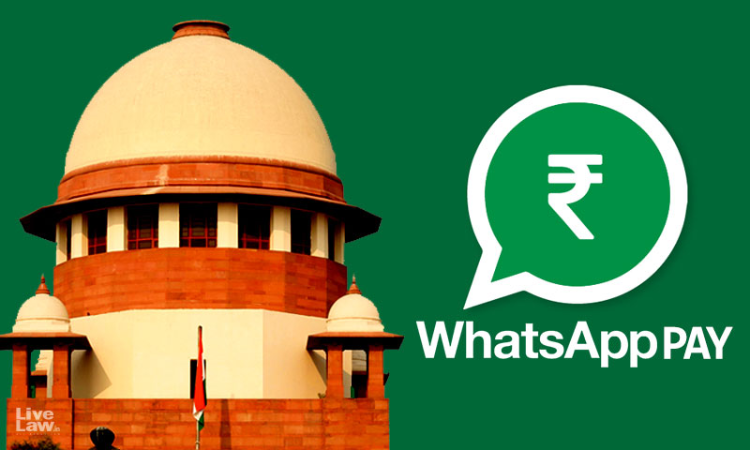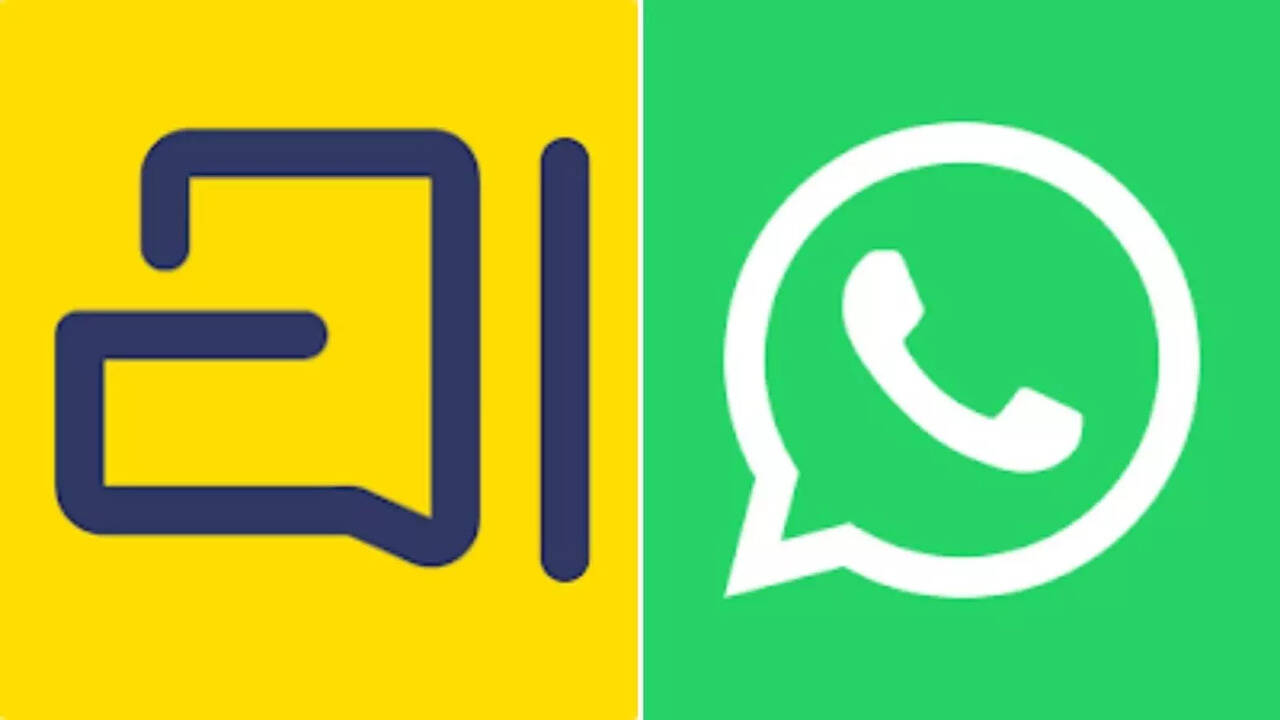Supreme Court of India Rules Against Petition Claiming WhatsApp Access as Fundamental Right
The Supreme Court of India has dismissed a petition filed by a woman doctor who argued that her access to WhatsApp was a fundamental right after her account was blocked by the messaging platform. The Apex Court made it clear that private digital services do not come under constitutionally protected rights, marking a significant legal stance in the age of online communication.


The court, while dismissing the plea, also advised the petitioner to explore other alternatives like Zoho’s Arattai app. “You can use Arattai,” the bench remarked, reinforcing the idea that citizens are free to choose among available digital options rather than claiming a right to one specific platform.
Supreme Court of India Emphasizes No Fundamental Right to Private Digital Platforms
The Supreme Court of India underlined that access to private online services such as WhatsApp does not constitute a fundamental right under the Indian Constitution. The bench stated that while digital communication plays a crucial role in modern society, users must follow the policies and terms of private service providers.

The judges declined to entertain arguments that WhatsApp’s actions violated the right to free speech. They advised that such issues should be handled through regulatory or civil procedures, not constitutional petitions. The court also noted that the withdrawal of the petition was voluntary, giving the petitioner liberty to seek other remedies under the law.
The ruling marks an important precedent in defining the boundaries between constitutional rights and private digital contracts, particularly as technology continues to shape communication and public discourse.
Supreme Court of India’s Verdict Sparks Interest in Arattai App
Following the Supreme Court of India’s remarks, the focus shifted to Zoho’s Arattai app, which has recently gained popularity in India’s digital space. Arattai, meaning “chat” in Tamil, has been marketed as a spyware-free, made-in-India messaging alternative to WhatsApp and Telegram.

Launched in 2021, Arattai gained traction amid growing concerns over data privacy and foreign tech influence. The app recently climbed to the top of India’s download charts, driven by users seeking secure, locally developed alternatives. Its success has also been supported by government officials who have encouraged the use of indigenous technology under the Aatmanirbhar Bharat initiative.
This renewed attention highlights the potential of Indian startups in the communication space and reflects a broader trend toward digital self-reliance.
The Future of Digital Rights After Supreme Court of India’s Decision
The Supreme Court of India’s verdict sends a clear message constitutional rights do not extend to private digital platforms. While this decision reinforces the independence of corporate policies, it also sparks debate about user protection and the need for transparent digital governance.
View this post on Instagram
Legal experts believe this could push India toward stronger data protection and tech regulation frameworks, ensuring accountability while respecting private enterprise boundaries. As users become increasingly dependent on online platforms, the balance between privacy, rights, and corporate control will continue to evolve. Also Read: OpenAI Leadership Surprise: Mira Murati Returns After Brief Exit, Sparks New Phase of Innovation
Conclusion
The Supreme Court of India’s ruling in the WhatsApp case is a defining moment for India’s digital landscape. It sets a clear distinction between public rights and private platform policies, encouraging both users and companies to operate within their legal boundaries. The case also underlines India’s growing shift toward homegrown digital solutions, with Arattai emerging as a notable example.

